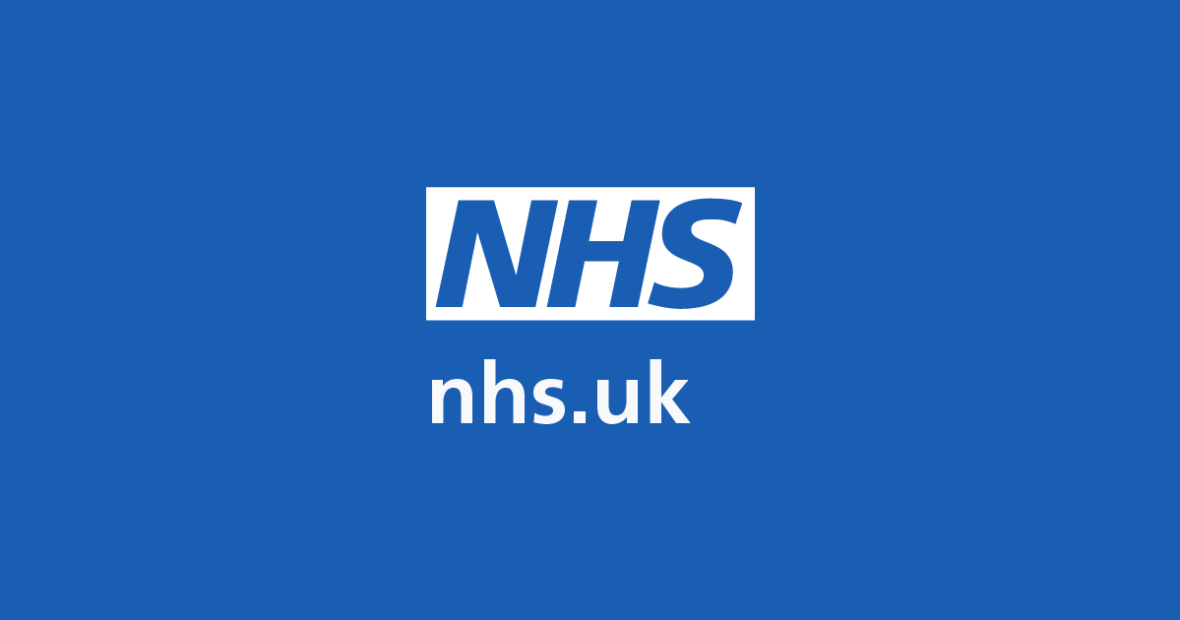Where would many people of the UK be without the NHS? Offering essential healthcare and diagnosis to millions of families up and down the country, free healthcare is not actually as old as you might think. In fact, it was a creation from the 20th century! Since then, the service has become a bastion of how to run free healthcare, with hard-working nurses and doctors helping to save lives all around the clock. Take a look below for 30 incredible and interesting facts about the NHS.
1. NHS stands for ‘National Health Service’.
2. In 1946, the ‘National Health Service Act’ was passed and in 1948 the NHS was officially launched.
3. Aneurin Bevan, who was British Health Secretary at the time, made the official launch at the Park Hospital based in Manchester.
4. From the early 1900s there had been debate about the inadequacies of the ’Poor Law’. A Royal Commission was set up, aimed at identifying areas where improvements could be made for better and fairer social care.
5. Dr. Benjamin Moore detailed some of his ideas for healthcare reforms in his written thesis entitled ‘The Dawn of the Health Age’.
6. Dr. Moore is the person thought to have coined the phrase ’National Health Service’. He was inspired to create the State Medical Association, which met for the first time in 1912.
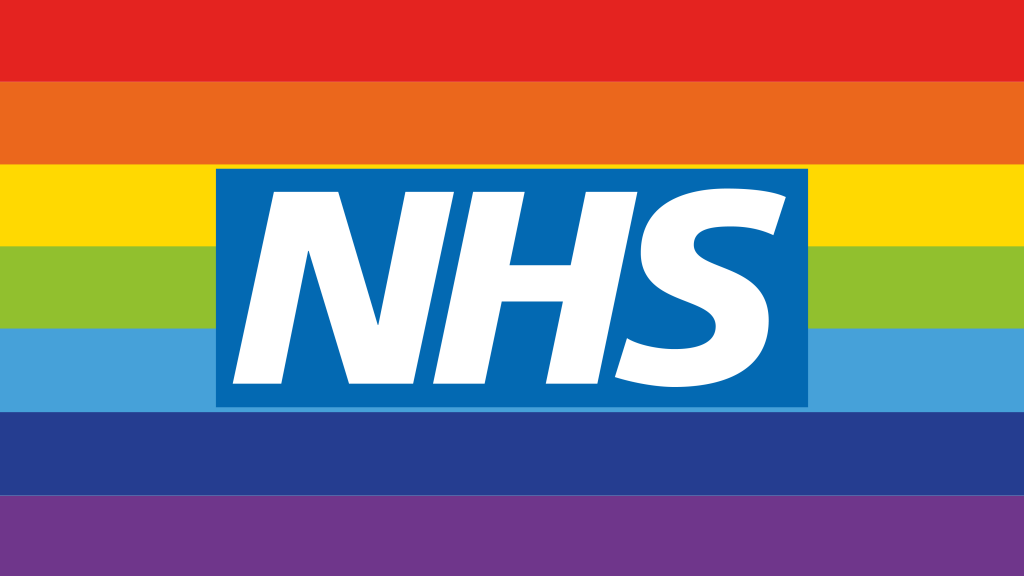
7. The onset of war highlighted pitfalls in the British health system. The Emergency Hospital Service was established to cope with dramatically increasing numbers of wounded people.
8. In 1941 the House of Commons approved recommendations made in the Beveridge Report for significant changes to the health care system.
9. Henry Willink presented the first white paper in parliament making the suggestion for a National Health Service.
10. By 1945, Prime Minister Clement Atlee oversaw the launch and setup of the NHS as we know it to this day.
11. The three main features of the new health service were: a), the service would be provided for everyone, b) the service would be provided free of charge, and c), the service would be provided with primary focus on what was needed by a patient, not on how wealthy they were.
12. £130.3 billion was spent on the NHS in the year 2018/19.
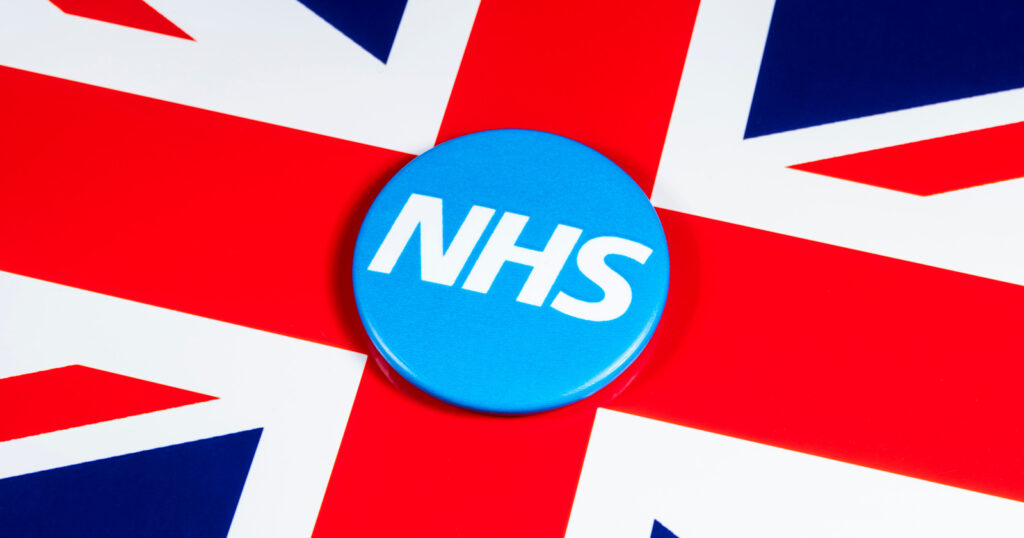
13. Approximately 1.1 million staff are employed by the NHS in England. The number includes both full-time and part-time workers.
14. As one of the largest employers in the world, over 44% of the budget to run the NHS was used to pay for salaries in the financial year of 2016/17. That ratio of expenditure is expected to be roughly the same for years to come.
15. The number of doctors employed by the NHS in March 2019 was around 112,031.
16. Also on record in March 2019, 311,380 nursing staff were employed. This figure for qualified nursing staff includes health visitors and midwives.
17. NHS management staff totaled 34,556 in 2019.
18. The organ donor register was first launched via the NHS in 1994. Now, it’s an opt-in scheme, where anyone carrying an organ donor card gives consent for their organs to be used in transplants and research should they die.
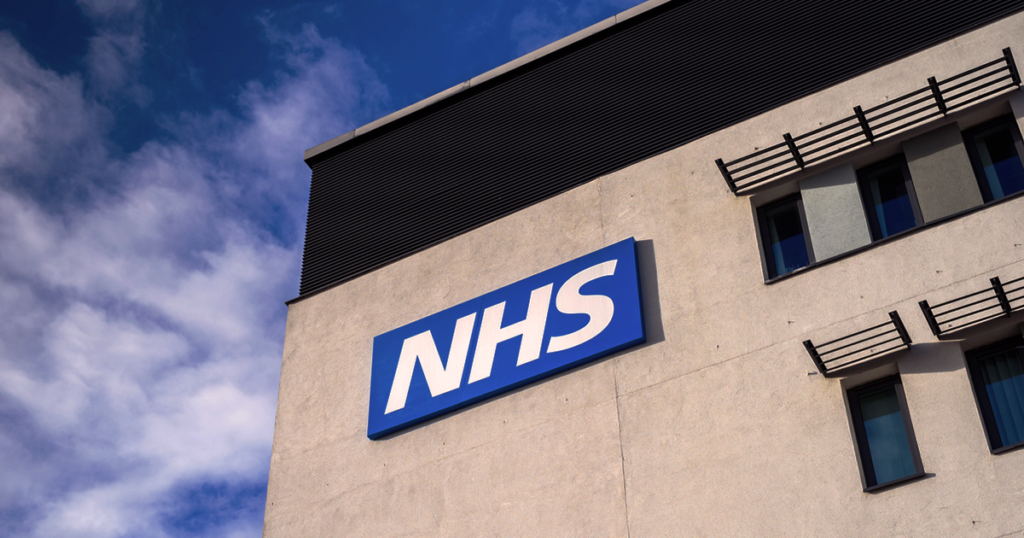
19. ‘Out-patient’ appointments from 2008/09 to 2019/20 increased by 42%!
20. The mandatory recording and reporting of appointments with General Practitioners (GPs) only started in 2018. They now reveal that in excess of 300 million appointments take place annually!
21. It’s recorded that there was a 15.4% increase in consultations with GPs, both face to face and by telephone, over the period 2010/11 to 2014/15.
22. In 2018 the cost of a regular patient having an appointment with a GP, was around £37. This was for the consultation only.
23. Consultation times can be as little as seven minutes, according to statistics.
24. Louise Joy Brown was the first ‘test tube’ baby, born in an NHS hospital in 1978. Following her successful arrival, the procedure of ‘in vitro fertilisation’, or IVF, is now conducted throughout the world.
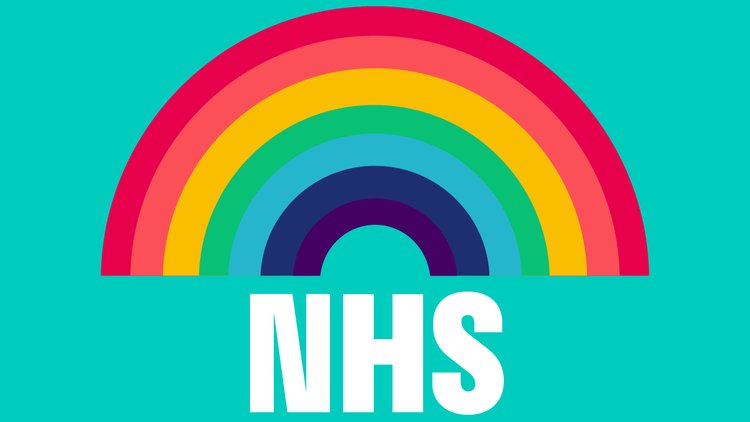
25. The oldest patient so far to have had a full hip replacement is John Randall – who was 102 years old when the successful operation was carried out at Pinderfields Hospital in Wakefield, West Yorkshire!
26. The NHS carries out over 80,000 operations on hips every year!
27. Around 77% of the workforce in the NHS is female.
28. Reports indicate every month approximately 23 million people visit an NHS GP Surgery.
29. However, people recorded might not always be seeing a GP. This might also account for trips to see nurses, physiotherapists, and chiropodists, all of whom you might find set up in a surgery!
30. Approximately 745 million items on prescription are collected or delivered annually.

